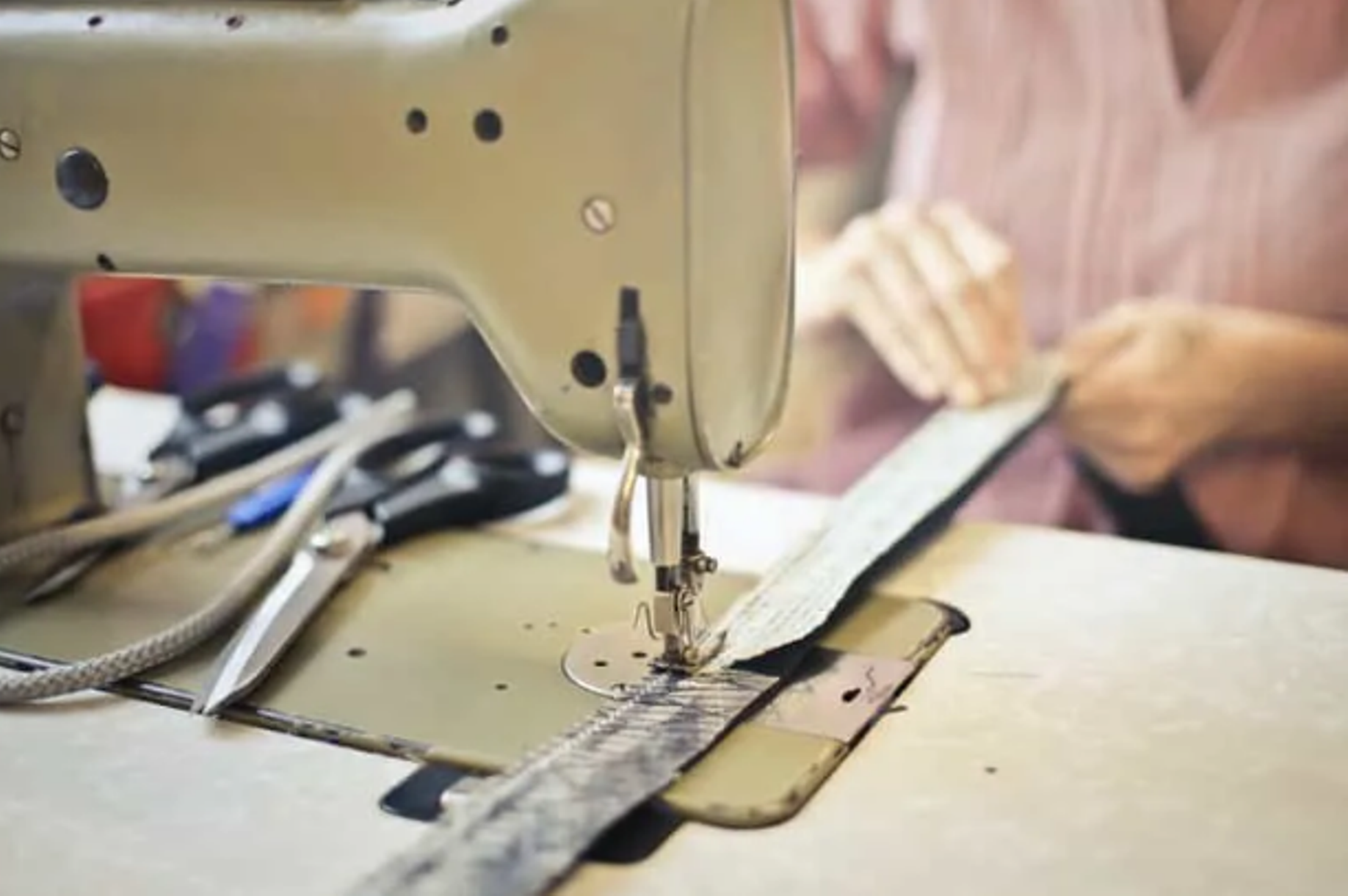
Choosing the right sewing machine can significantly influence the quality and ease of your sewing projects. Whether you are a beginner embarking on your first sewing journey or an experienced tailor looking to upgrade, understanding the essential features of sewing machines is crucial. This guide highlights the key attributes to consider when purchasing a sewing machine to ensure it meets your specific needs and enhances your creativity.
Stitch Variety and Customization
One of the primary features to consider in sewing machines is the variety of stitches offered. Modern machines come equipped with multiple stitch options ranging from basic straight and zigzag stitches to decorative and stretch stitches. A diverse stitch selection enables users to work on different fabric types and styles, from simple garment construction to complex quilting and embroidery.
Additionally, some sewing machines allow customization of stitch length and width, providing greater control over the final appearance of your projects. This flexibility can be especially beneficial for advanced users who require precision and versatility in their work.
Ease of Use and Intuitive Controls
The user interface and ease of operation are critical, especially for beginners. Sewing machines with straightforward controls, clear displays, and easy-to-understand settings can significantly reduce the learning curve. Machines with LCD screens or touch panels often provide visual guidance, making it easier to select stitch types and adjust settings.
Furthermore, features like automatic needle threading and quick bobbin winding enhance convenience and save time. A machine that simplifies these routine tasks allows users to focus more on the creative aspects of sewing rather than struggling with setup.
Durability and Build Quality
Investing in a durable sewing machine ensures long-term reliability and consistent performance. Sewing machines made with high-quality materials, such as metal frames and sturdy components, are generally more robust and better suited for frequent use.
While lightweight plastic models may be more portable, they often lack the stability required for heavy-duty sewing tasks. Assessing the build quality relative to your intended use—whether for occasional home sewing or professional-grade projects—is essential to avoid frequent repairs or replacements.
Sewing Speed and Motor Power
The speed of a sewing machine is measured in stitches per minute (SPM) and plays a significant role in productivity. Machines with adjustable speed controls allow users to work comfortably, especially when handling intricate designs or delicate fabrics.
A powerful motor is particularly important for sewing through thick materials such as denim or leather. High motor power ensures smooth stitching without frequent stalling or skipped stitches, which can compromise the quality of the finished product.
Advanced Features for Specialized Sewing
Many modern sewing machines come with advanced features that cater to specialized sewing needs. For instance, automatic tension control adjusts the thread tension to match fabric thickness, resulting in balanced and neat stitches.
Some models offer programmable stitch sequences, memory functions to save custom stitch patterns, and even built-in embroidery capabilities. These advanced options expand the creative possibilities and can be valuable for users who want to explore various sewing techniques or produce professional-quality work.
Size, Weight, and Portability
Depending on your workspace and lifestyle, the size and weight of the sewing machine may influence your decision. Compact and lightweight machines are ideal for those with limited space or who require portability, such as sewing classes or travel.
However, smaller machines might not support heavy-duty sewing or extensive features. Balancing portability with functionality is important to ensure the machine matches your daily sewing requirements.
Warranty and Customer Support
Purchasing sewing machines from reputable brands that offer comprehensive warranties and responsive customer support can save you from future inconveniences. A solid warranty indicates confidence in the machine’s quality and provides peace of mind regarding repairs and maintenance.
Moreover, accessible customer service, instructional manuals, and online resources can help users troubleshoot issues and maximize their machine’s potential.
Conclusion
When buying a sewing machine, carefully evaluating features like stitch variety, ease of use, build quality, sewing speed, and advanced options will guide you toward a machine that suits your sewing style and goals. Sewing machines are a significant investment, and choosing the right one enhances both your sewing experience and the quality of your finished projects. Whether for hobby or professional use, understanding these key features ensures you make an informed decision that supports your creativity for years to come.
